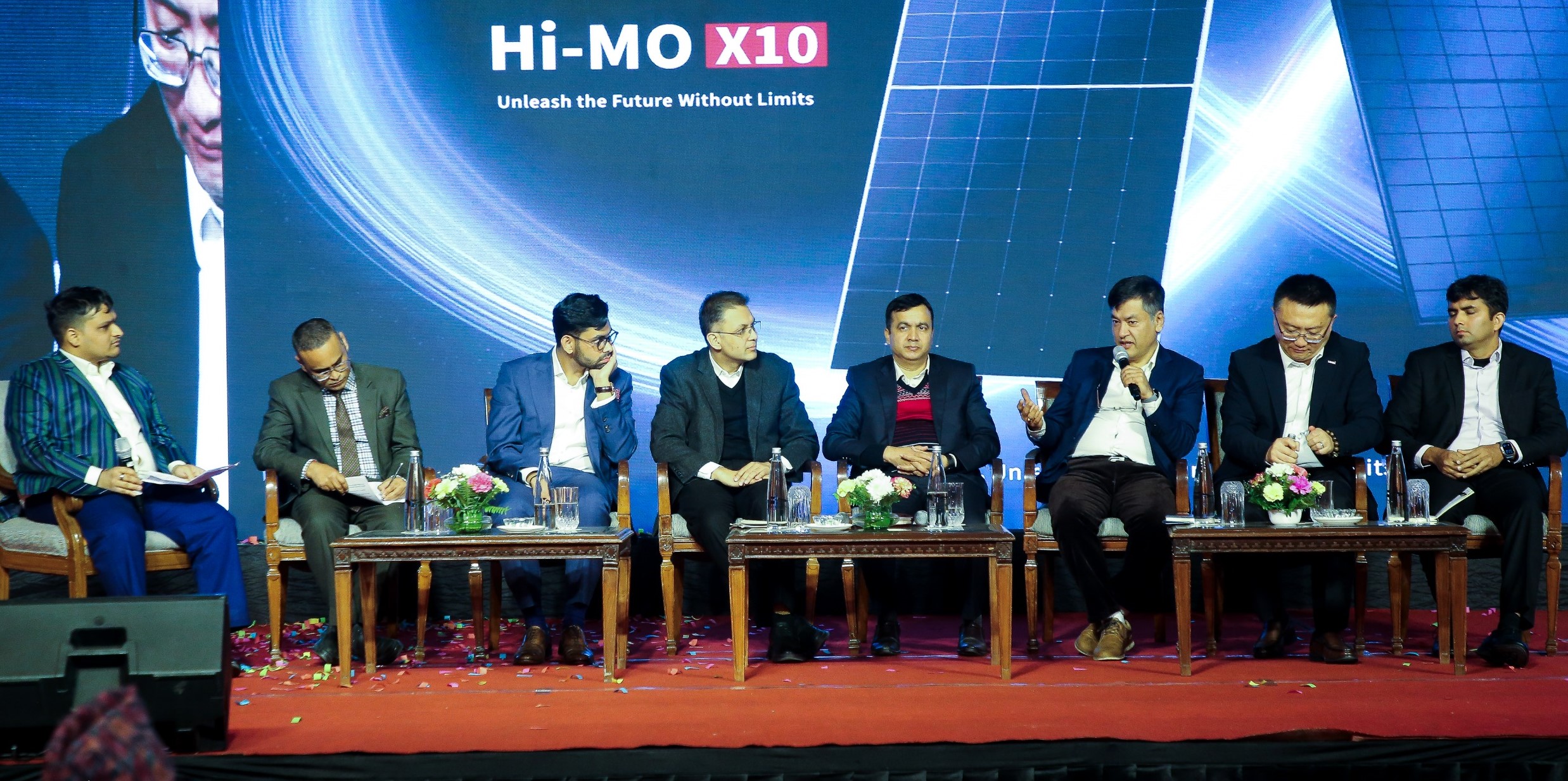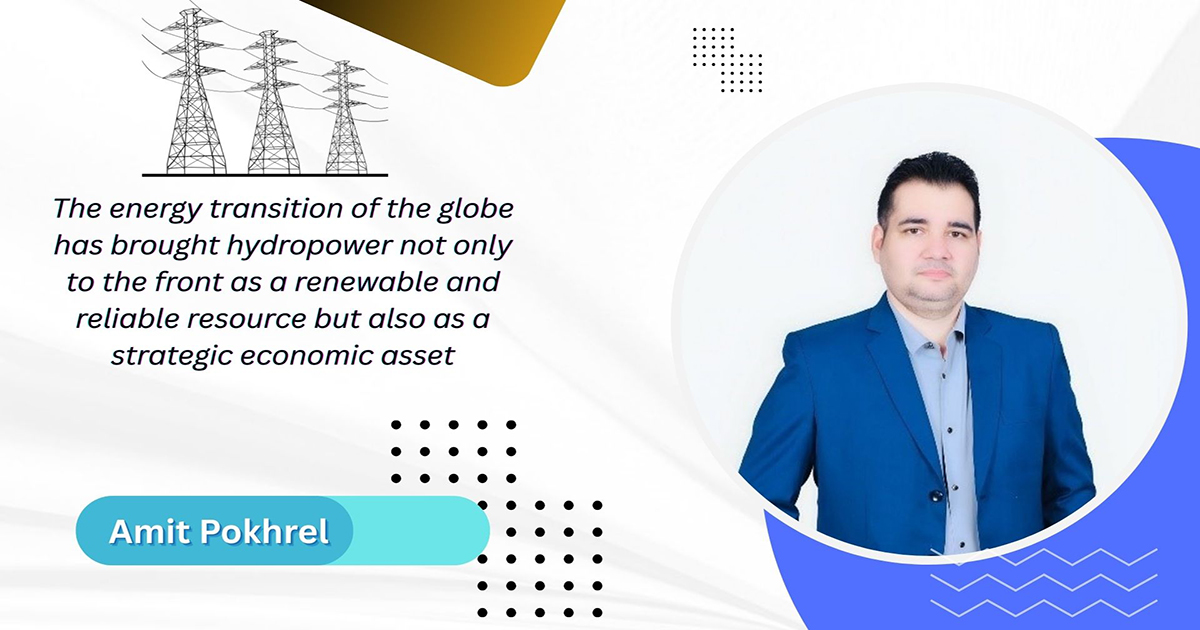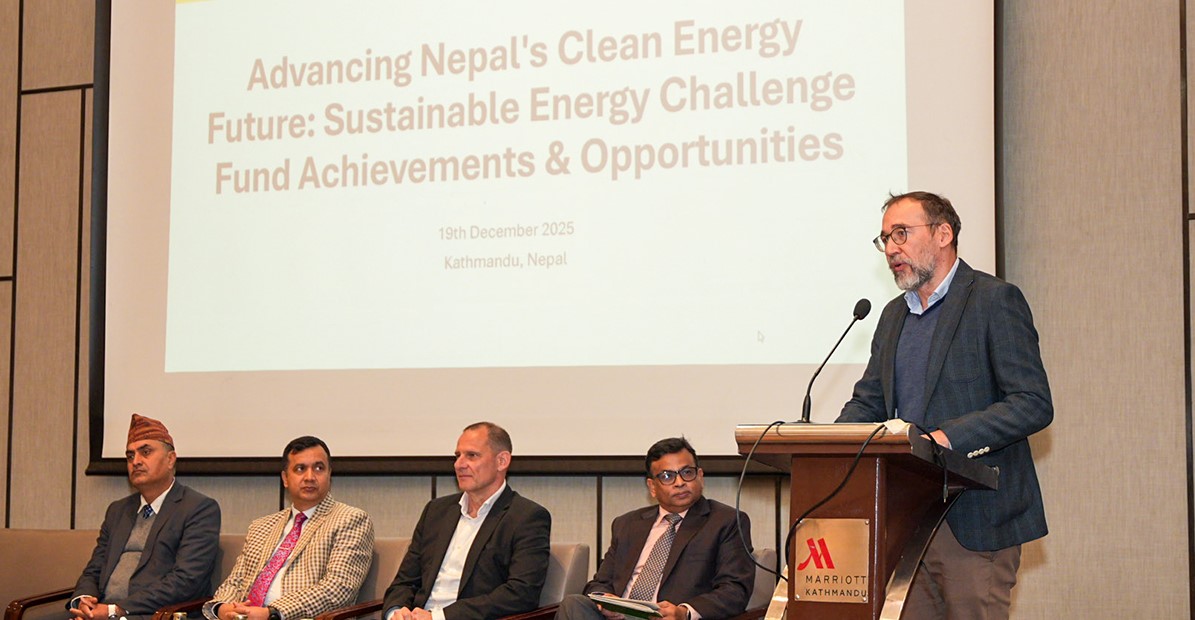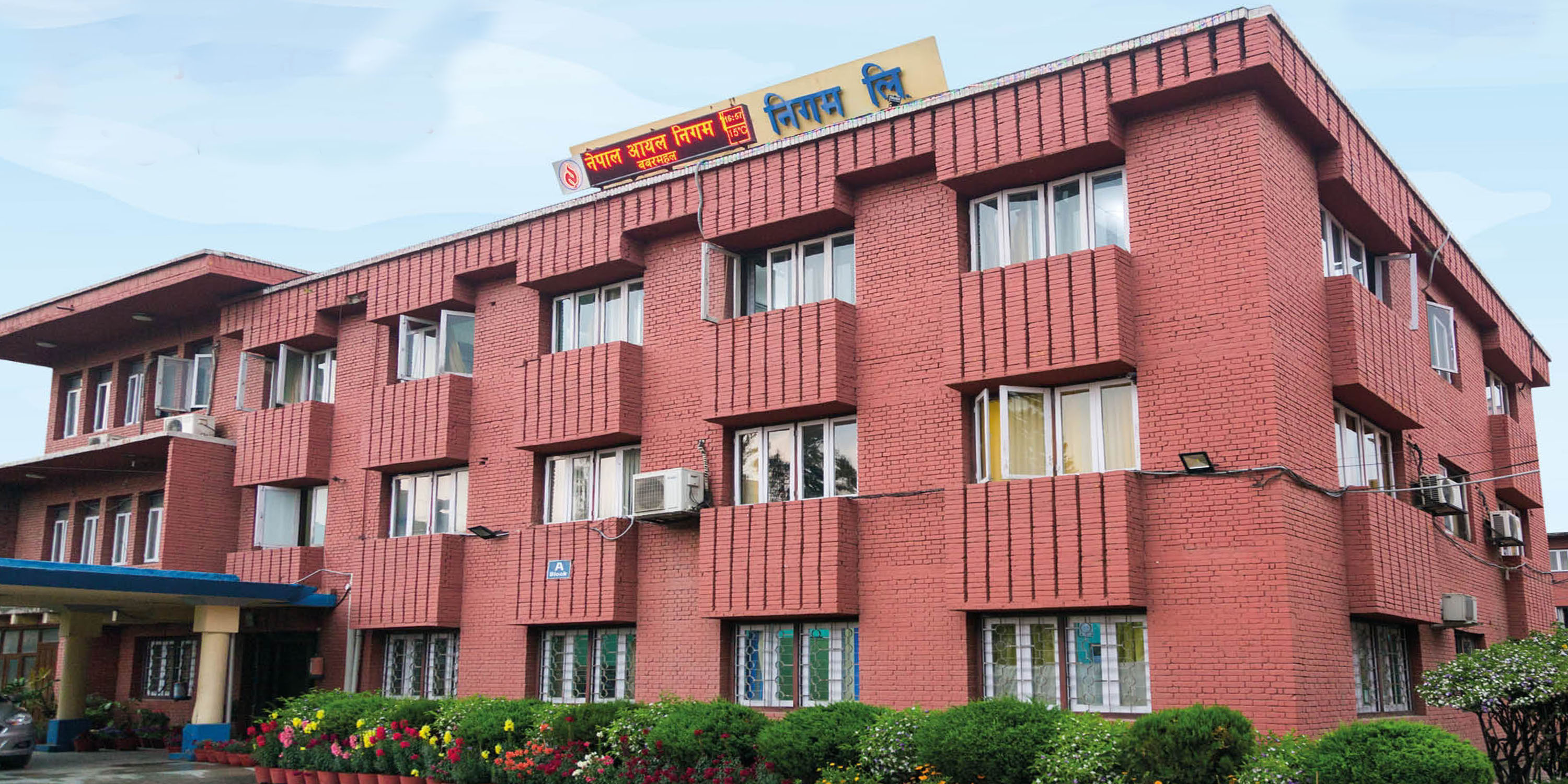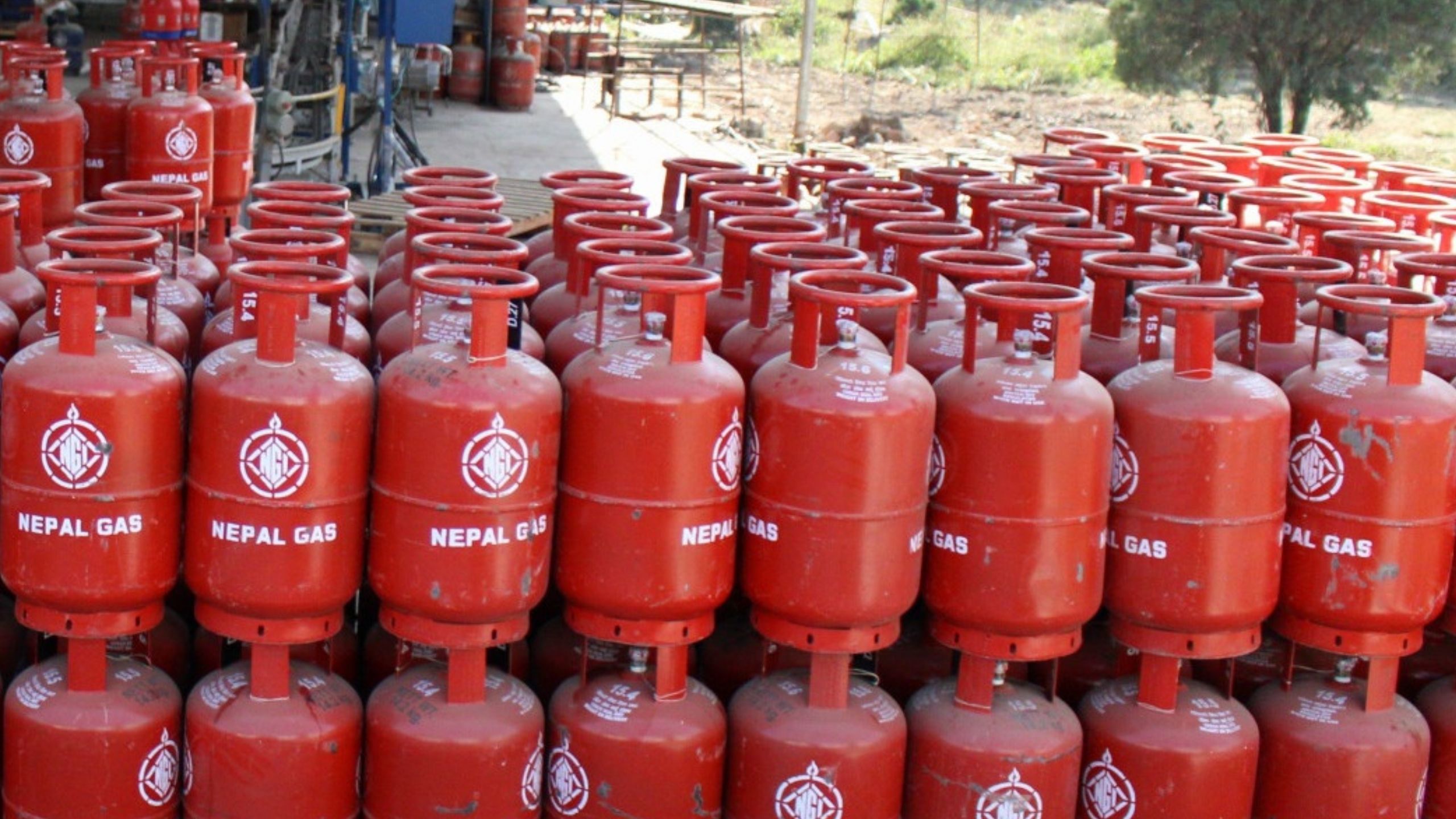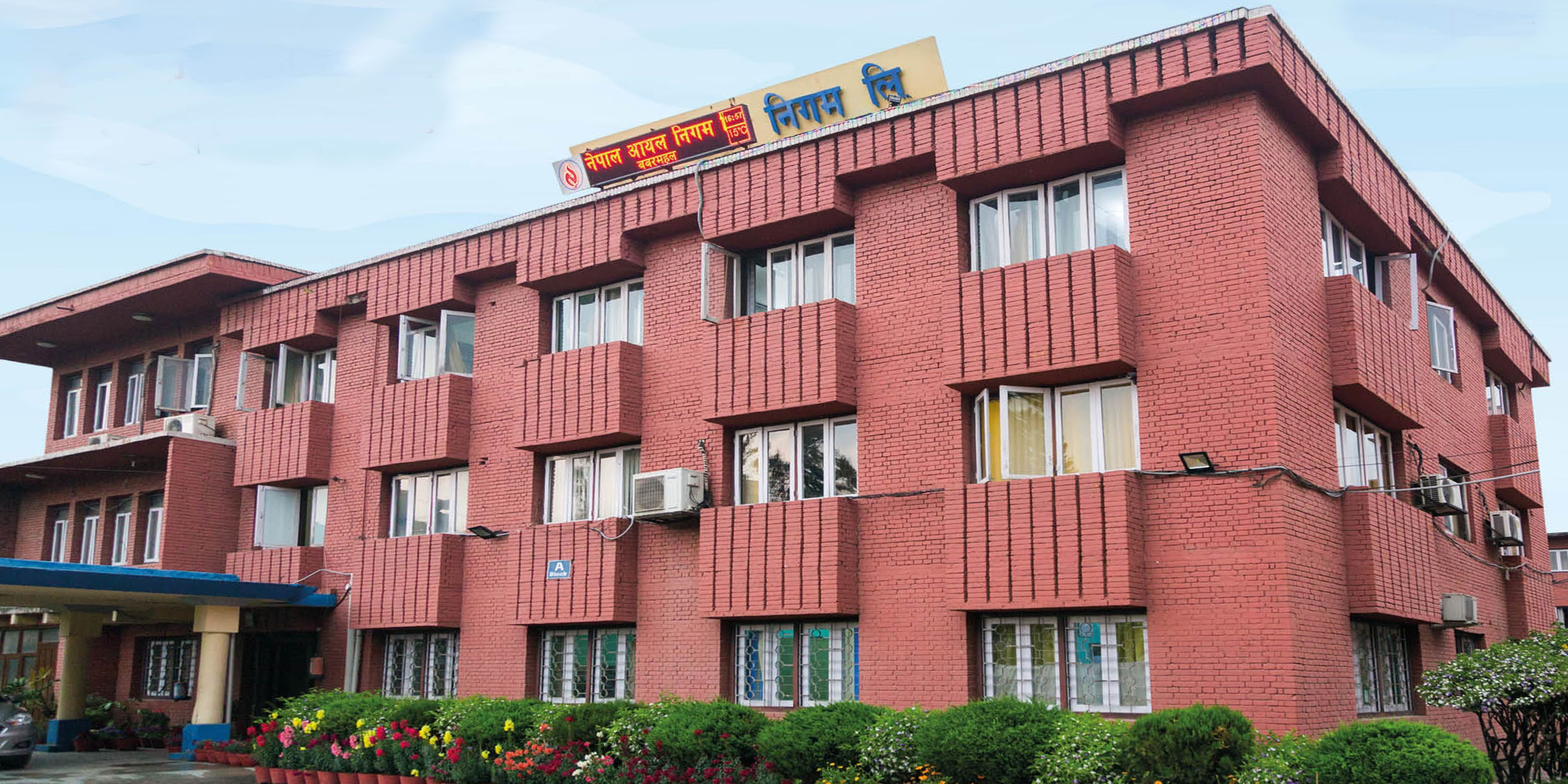Energy Update
Feasibility study for extending oil pipeline to Chitwan completed

Nepal Oil Corporation has completed a feasibility study for extending the Amlekhgunj oil pipeline to Chitwan, officials said. The 69-km cross-border pipeline, which brings gasoline from Motihari in India to Amlekhgunj, became operational nearly one and a half years ago.
The government says it plans to stretch the pipeline to Kathmandu eventually.

A joint technical study group of Nepal Oil Corporation and its supplier Indian Oil Corporation prepared the feasibility study. The plan is to lengthen the pipeline from Amlekhgunj to Lothar, Chitwan, according to company officials.
The study report has been submitted to the Ministry of Industry, Commerce and Supplies.

As per the report, the proposed pipeline will be 62 km long and cost Rs4 billion. The entire project, which includes building associated infrastructure, is estimated to be worth Rs14 billion.
Binitmani Upadhyaya, spokesperson for Nepal Oil Corporation, said they had started discussions regarding the investment and construction modality with the ministry as they don’t have the technical expertise to build the project on their own.
Nepal imported petroleum products worth Rs215.76 billion in the fiscal year 2018-19, which dropped to Rs163.70 billion in 2019-20 due to Covid-19 related restrictions that kept vehicles off the roads and brought factories and development projects to a halt for nearly four months from March-end 2020.
According to a report of the Central Bureau of Statistics released in 2019, Nepal’s gasoline consumption almost doubled in the last five years, leading to a yawning trade deficit besides causing environmental consequences.
Nepalis consumed 90 percent more fuel than they did five years ago. The country’s petroleum demand has been increasing by 10 percent annually despite regular supply of electricity, officials of the state-owned monopoly said.
Considering the growing requirement, the government has planned to extend the pipeline to the capital in the future.
Prem Kumar Shrestha, joint secretary of the ministry, said a decision regarding the construction and financial modality may be made next week. “The cabinet will decide the financial modality.”
The sooner the project is completed, the sooner Nepal Oil Corporation will be able to save on freight charges as it will not have to seek the services of tanker trucks anymore, he added.
Shrestha said that the financial and construction modality was under discussion. One option is to award the project to the same company that built the first phase of the Motihari-Amlekhgunj pipeline.
“Or it can be awarded to any other experienced company through an open bidding process. In terms of financial modality, Nepal can build the project itself. A decision, however, has not been made,” Shrestha said.
In January, an Indian delegation visited Amlekhgunj oil depot in Bara to study the possibility of extending the pipeline to Lothar.
A team from Indian Oil Corporation, which built the Amlekhgunj pipeline as a gift to Nepal, also conducted a survey for a potential pipeline connecting Nepal Oil Corporation's depot at Charali, Jhapa with Siliguri, which lies across the eastern border in West Bengal, India.
The initial survey has shown that 35 km of pipeline will be laid in Indian territory and 15 km on the Nepal side of the border.
According to Upadhyaya, along with the pipeline, they also plan to construct a modern depot in Lothar for oil storage. Corporation officials said the depot in Lothar would have a capacity of more than 100,000 kilolitres.
Currently, the corporation's total storage capacity across the country amounts to 71,000 kilolitres, enough to meet its requirement for less than a week.
Following the obstruction in petroleum supply during the four-and-a-half-months-long Tarai unrest in 2015, the government announced it would expand the country’s fuel storage capacity to meet domestic demand for at least three months.
“With the extension of the pipeline, there will be huge savings in terms of transportation costs,” said Upadhyaya.
The corporation has estimated that the construction of the Motihari-Amlekhgunj pipeline has allowed it to save Rs1.50 billion in freight charges so far. The pipeline currently brings diesel only, and the corporation plans to bring petrol too through the pipeline this year.
“The pipeline also helps in reducing petroleum leakage, theft and adulteration,” Upadhyaya said. According to the corporation, it spends around Rs6 billion on transporting petroleum products through oil tankers annually.
“The extension of the pipeline will further reduce oil transportation charges that the corporation pays to private tankers,” said Upadhyaya.
Conversation
- Info. Dept. Reg. No. : 254/073/74
- Telephone : +977-1-5321303
- Email : [email protected]







